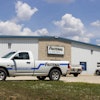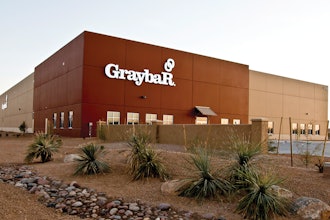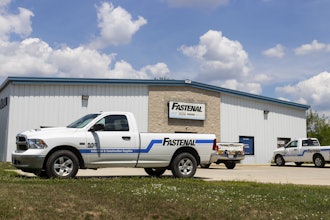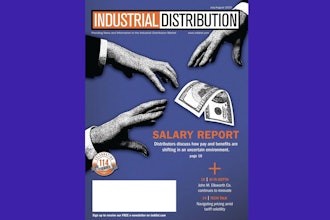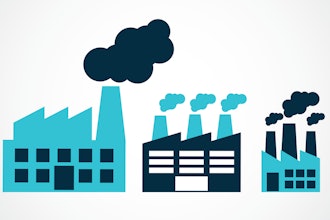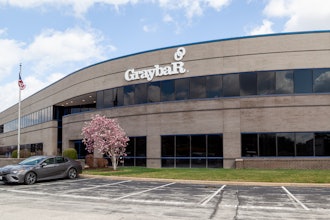
 Gretchen Friedrich
Gretchen FriedrichYears ago, when customers were looking for a specific product or distributors were trying to market certain merchandise, they would arrange to get together for 30 minutes to an hour and discuss different products and product lines. In such cases, the customers were close to the bottom of the sales funnel, and it was the job of distributors to bring them up the funnel using their product knowledge, information, and details.
Today, all that is gone. In most cases, by the time a distributor meets with a customer, the customer has already done quite a bit of research about different products online, has read reviews of these products, and has a pretty solid understanding of the features and benefits they provide and whether they will work for him or her.
But it's at this point that customers often become a bit hesitant. Before they make that click online and purchase the product, they just want access to a human—otherwise known as a distributor—to ask a few more questions and confirm they are making the right decision for their facility.
When this happens, and by the time the distributor meets with the customer, her role has now shifted from seller to that of a “sales enabler.” The salesperson is now more of a guide, providing final specifics and updates about the product and then enabling the customer to make the purchase.
This is likely why a “State of Sales” report by Salesforce.com found that today’s salespeople spend about only a third of their time calling prospects and customers, trying to make a sale. Most of their time is now devoted to more administrative tasks, customer hand holding, and placing orders to handling paperwork. Actually, a street term for a sales enabler could be a “paper pusher.”
This is just the opposite of how things used to be years ago. However, the good thing about being a sales enabler is that the selling process is indeed faster, easier, and more efficient.
For the active salesperson, however, who really wants to make calls and enjoys face-to-face selling and helping his or her clients find new and innovative products that will help them operate their facilities, being a sales enabler just does not ring many bells.
Enter the Distributor Doctor
Instead of being sales enablers, many distributors want to be “distributor doctors.”
With all their research online, many customers still have questions about products before they make a product selection. Furthermore, as many distributor doctors soon realize, there are often questions the customer should be asking, which they do not even know they should be asking.
“The salesperson in the 21st century needs to be a doctor of sorts,” says Jonathan Prichard, founder and CEO of MattressInsider.com. “[He or she needs to be] someone who is there to diagnose and solve a problem for the customer. [Real] doctors do not start pitching a prescription from the beginning [a patient walks in the door]; they ask the patient a lot of questions to identify their issues. Then they custom-tailor their recommendation to [fit] the patient.”
Many times, this process also requires the distributor to read between the lines, trying to figure out what the customer really does and does not need, what the customer really does not know about his or her needs, and what the customer may not know that is should be known about a product or group of products. It is in the process of finding out and playing the role of doctor distributor that the distributor develops a rapport with the client, and as this is established, trust.
With the issues now all on the table and the questions addressed, this is where what we can call online “consulting dashboards” come into the picture. Used by many distributors in the professional cleaning, packaging, and healthcare industries, consulting dashboards take information gathered from customers and suggest products and product lines that address their needs.
For instance, what if a client need is that the products selected be not only green but also sustainable? A consulting dashboard would present only those products and, taking this a step further, compare them with other products that also meet the criteria. This would help eliminate “trial-and-error” purchasing, which is often the cause of the hesitancy we mentioned earlier.
The People Part
With all this technology—customers researching products online and often purchasing online—as well as distributors turning to consulting dashboards and other technologies to work with their customers and market products, it might appear that the people part of being a distributor, whether a sales enabler or doctor, may no longer be needed and might be coming to an end.
However, “people still buy from people,” says Adam Brenner, senior vice president of sales and field operations at Elastic Path, an e-commerce solutions provider. "Human relationships will always remain central to the sales process." Furthermore, the sales process will not only always embody a human component at its core, but in the future, salespeople will be required to transition from order takers (sales enablers) to consultants (distributor doctors), with consulting dashboards and similar technologies being catalysts for this transition.
Gretchen Friedrich works for AFFLINK, a leading distribution, sales, and marketing organization with more than 300 independent distributors throughout North America. She can be reached through her company website at www.afflink.com




